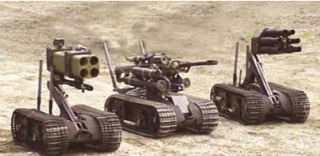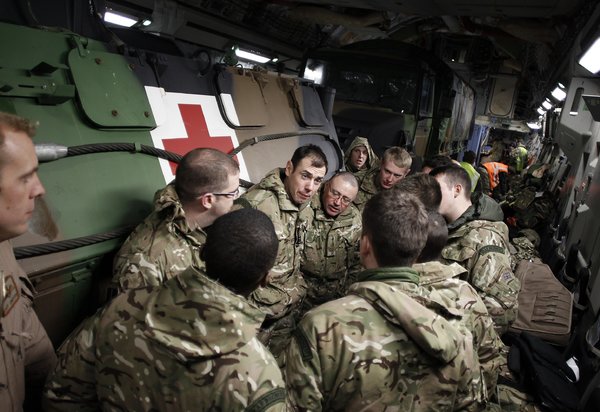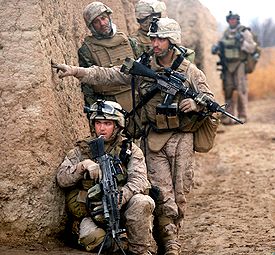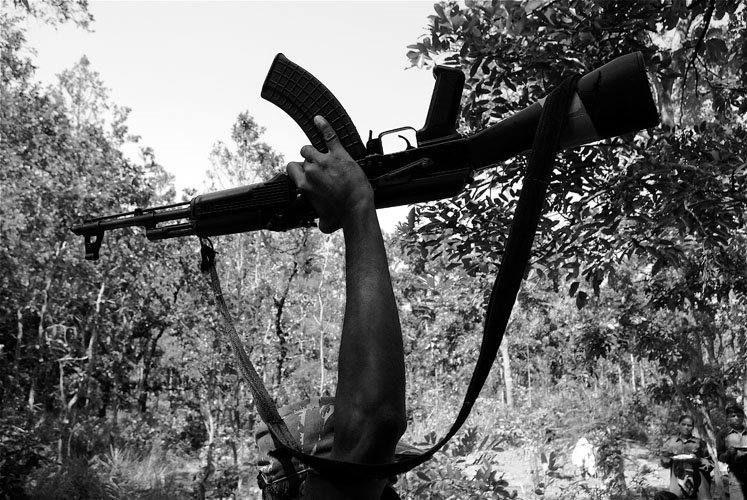The forays of war in the twenty-first century have the makings of a science fiction film. The World Trade Centre attacks were a stab in the heart of the global financial system and echo a theme from Joseph Conrad’s novel The Secret Agent. Conrad’s novel examines the ideological roots of a similar attack at the end of the Victorian era, where a progress-obsessed British Empire almost lost its beloved symbol of modernity: the Greenwich Observatory. Conrad creates a story around the attack, constructing a nihilistic psychological profile of the morally bereft anarchists.
[captionpix align=”left” theme=”elegant” width=”300″ imgsrc=”http://natoassociation.ca/wp-content/uploads/2013/06/19120501.jpg ” captiontext= “It’s doubtful that conflict in the 21st century will resemble Star Wars.”]
In Victorian England, these early anarchists, what we would likely now label as terrorists, had a moral disdain for the excesses of progress-at-all-costs industry, and like their future modern Islamic fundamentalists, wished to make a global statement. Al-Qaeda may not have predicted the West’s answer with war, but the underlying message to all terror organizations was clear: an act of violence can force your enemy into years of costly combat–i.e. Iraq and Afghanistan. The international, non-state character of modern terror indicates that a new warfare, at the intersection of technology and science, is a likely candidate for future conflict.
In many science fiction stories, a mass-produced army of robot clones attack with brutal efficiency, completely devoid of the human emotion of warfare – no narcotic rush, no excitable trigger fingers, no fear. Robots are used in the U.S. military and adopt a more tactical, unit-based role, performing the ‘dirty-work’ in war zones, such as the IED inspections in dense residential areas during the Iraq War. Colin Gray suggests that a shift to robot armies is a significant cost advantage both in material and human terms. The ‘bots’ are cheaper to train and do not require body bags and twenty-one gun salutes if things turn out for the worst. Robots are being integrated into combat units to serve in connection with soldiers, adopting different roles and responsibilities.
Former U.S. Deputy Secretary of Defense Bill Lynn still believes, however, that despite technological supremacy, future wars will continue to be asymmetrical, long, and lethal. Nation-states may have the best tools, he adds, but they won’t be able to use them against their non-state enemies, who will use weapons of mass destruction (WMDs) and nuclear weapons to devastating effect. A future attack might include a nuclear weapon and an attack of this magnitude would inevitably result in a destructive war.
Misunderstanding war in the twenty-first century is dangerous and unwise. Judging that human beings are incapable of committing heinous crimes against each other is also sadly untrue. In its ever-changing character, war and warfare are evolving in the twenty-first century, along with technology and politics. The major wars of the century are in the distance as is much of the bloodshed. It is beginning to resemble an age when science fiction is becoming fact: robots are pulling triggers, drones are committing air strikes, and sleeping soundly in silos all over the world, nuclear weapons are still a launch-key away from ignition.




